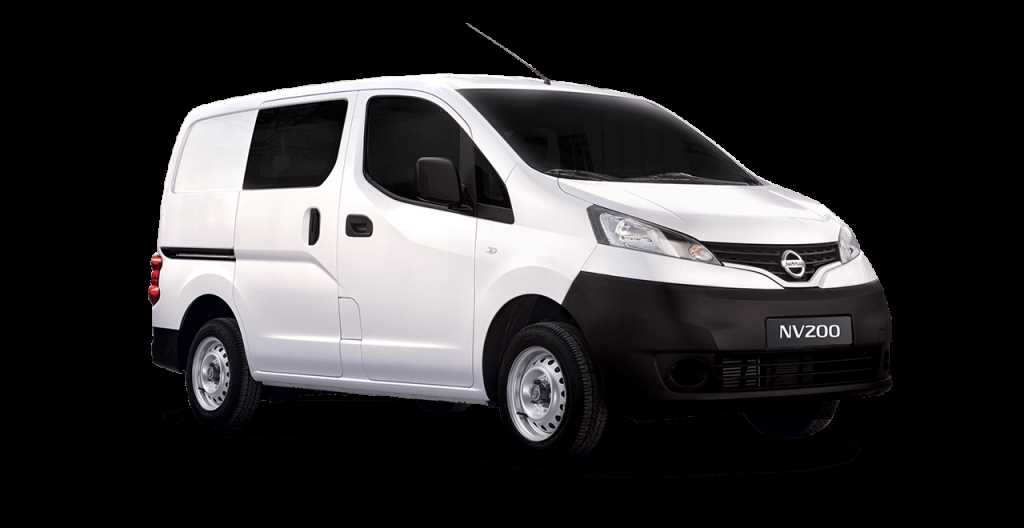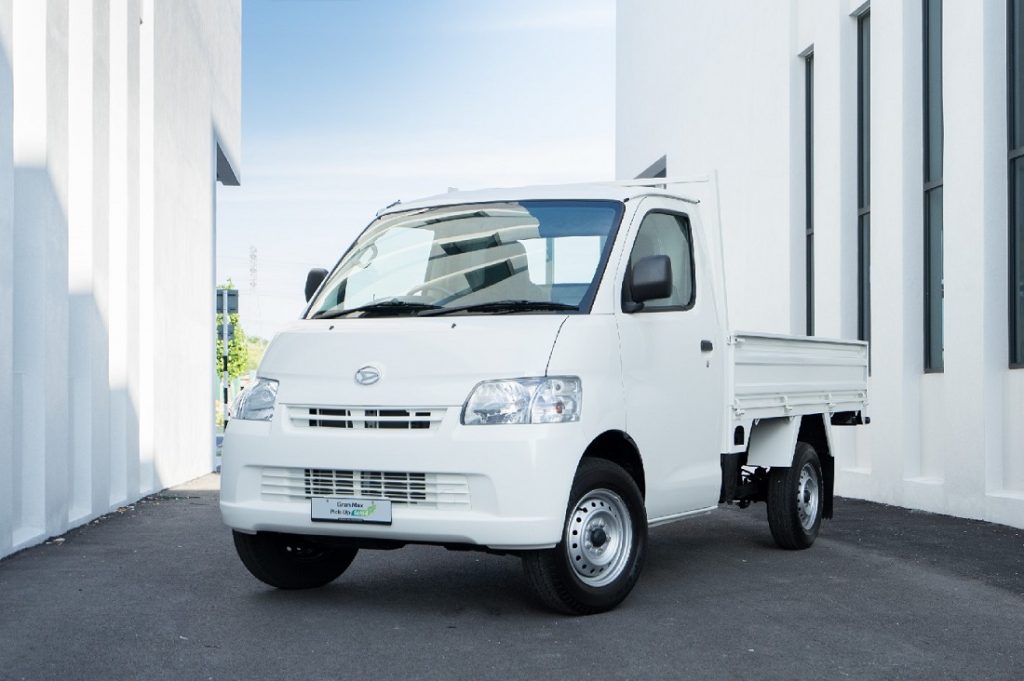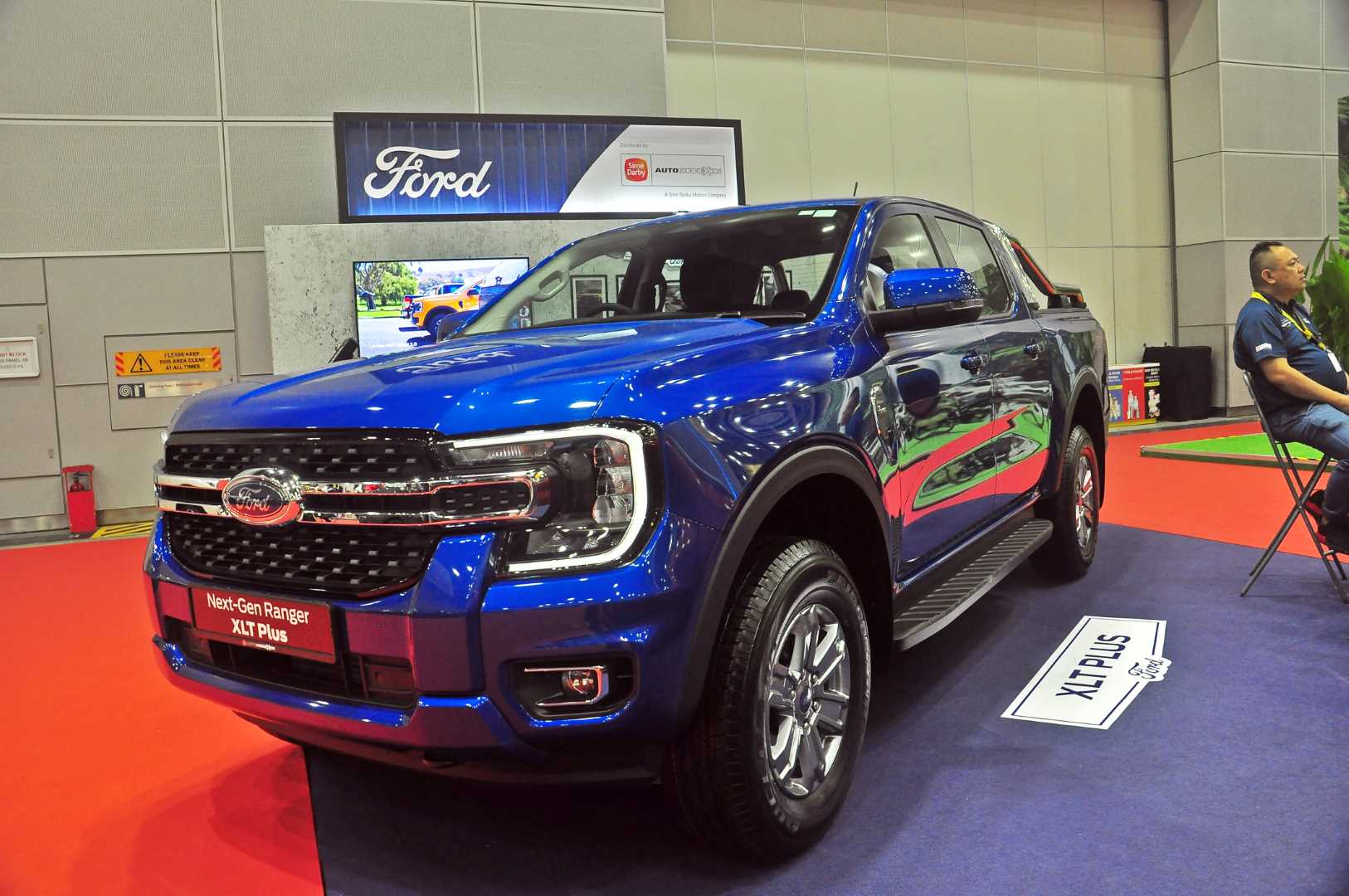With the 10th Prime Minister of Malaysia, Datuk Seri Anwar Ibrahim, having just taken office, it was mentioned by him that his main focus will be to tackle the nation’s rising cost of living.
One of the aspects of this issue stems from the transport sector involving small business operators which utilise vans and drop-side light trucks.
Such vehicles are required by the country’s law to have them sent for a roadworthiness inspection at Puspakom every six months.
Puspakom Sdn Bhd is Malaysia’s first and only comprehensive national vehicle inspection company appointed in 1994 by the Malaysian Government to undertake all mandatory inspections for both commercial and private vehicles. There are 56 Puspakom centres located nationwide.
The service may cost a mere RM50 per inspection – RM100 for the whole year, but the reality is that commercial vehicle owners generally dread such inspections – especially without a runner.
Doing so (without a runner), usually results in a failure to obtain a “lulus” (pass) certificate on the first try and the same test could be required to be performed several times – three seems to be the magic number here.
Oftentimes, business owners utilising the services of a ‘runner’ can opt to either hand over the vehicle at a pre-designated spot and wait for their return with the certificate or have them provide a door-to-door service where the vehicle gets picked up by them and delivered to the same location. The latter incurs a higher cost.

As a result, the cost of operating a light commercial vehicle now includes the “guarantee pass” fee which seems more likened to bribery.
The solution is within the government’s immediate abilities to exact some changes for the better.
The government can redefine the purpose of light vehicles for business use so that vans and drop-side pickup trucks (single and double-cab) are excluded from mandatory commercial vehicle status.
This means that a lot of small businesses including contractors, plumbers and even fruit sellers will be able to register their vehicles for private use without having to deal with Puspakom every six months.
Meanwhile, the new incoming Transport Minister could perhaps start the tender process for roadworthiness inspections by inviting public-listed automotive companies.
In 2021, about 56,000 commercial vehicles (panel vans, prime movers, busses and the like) were sold in the country, of which more than 40,000 units or over 71% were pickup trucks.
Currently, there are no restrictions on pickup trucks acting as commercial or personal vehicles – be it twin-cab or single-cab.
During the day, pickups can be used for hauling goods and/or materials to customers or work sites by its owners while during the night, it simply becomes a means of personal transportation for them and the family.
Because of this, many business operators opt for pickups since they can be excluded from the commercial vehicle registry and thus, a more expensive 4×4 variant is selected rather than the more cost-effective and affordable 4X2 variant.
The main distraction from this proposal is that companies, such as Tan Chong Motor Malaysia, have ceased selling their Nissan Vanette SK82 lorry body. Instead, it is now imported and sold by Approved Permit (AP) holders.

As soon as the government gives this inclusion to light vans and redefines drop-side pick-up lorries to pick-up trucks, there will be some manufacturers who will be spurred to begin assembling such a body configuration.
What about a ‘goodie’ for the better-off that’s good for the nation? What about giving APs and exemptions on import duties and sales tax to anyone who buys a Tesla?
It’s going to be a small market although Tesla is the world leader in terms of the Electric Vehicle (EV) segment.
Tesla’s distribution model is such that it sells its cars online while claiming ownership of its physical stores. No dealers or franchisees or importers.
If and when Tesla is officially in Malaysia, this will mark the coming of a newly emergent Malaysia and I dare wager that foreign car companies with EVs such as Geely, Nio, XPeng and Rivian will look to Malaysia with new favour.
Hence, the 10th Prime Minister of Malaysia should act fast to secure the attention of foreign automotive companies already in Malaysia who may be casting their eyes toward our immediate neighbours – Thailand in particular, to possibly further their investments into the EV segment.
By YAMIN VONG
yamin@malaysiamotorexpo.com

